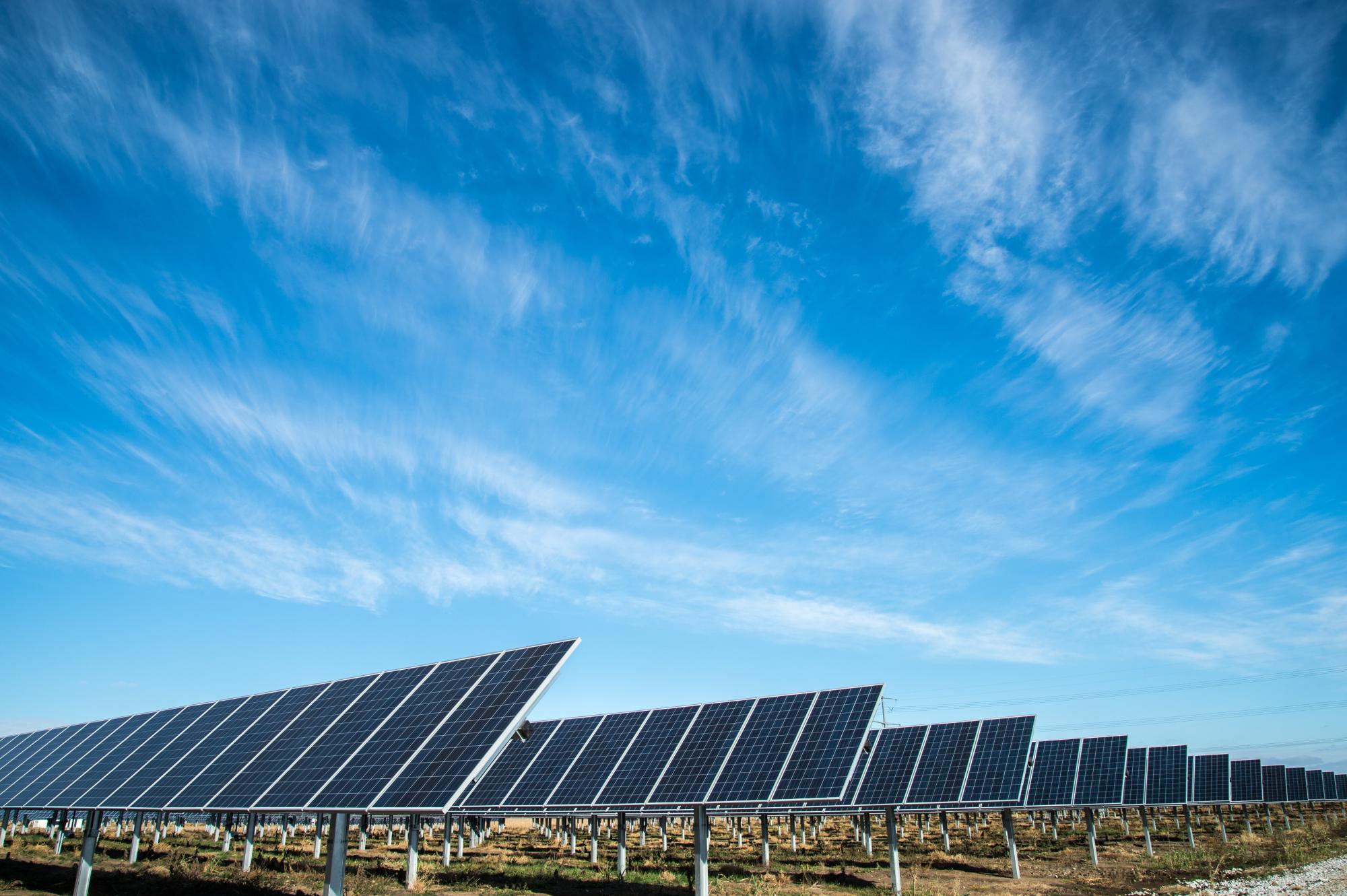Cohesion Alliance – News Bulletin October 2020

Dear supporter of the #CohesionAlliance,
After a very busy period, the European Week of Regions and Cities (which this year spread over three weeks) has now passed. The presentation of the first EU annual Regional and Local Barometer was given, showing the diverse impact of the COVID-19 pandemic on cities and regions in Europe, as well as the ongoing Trilogue negotiations between the EC, EP and the Council.
Find more details and news below:
- European Week of Regions and Cities 2020:
Due to the developments of the COVID-19 crisis, this year’s #EURegionsWeek had to be done 100% online. The ‘Week’, with its more than 500 workshops was spread over three weeks; each week following one of the main topics, Green Europe, Cohesion and Cooperation and Empowering Citizens. If you missed it, don’t be sad: the REPLAY of all sessions and the HIGHLIGHTS are now available on the EURegionsWeek platform!
Some highlights:
- The European Commission announced (press release) the first provisional results of the implementation of the Coronavirus Response Investment Initiative (CRII) and Coronavirus Response Investment Initiative Plus (CRII+). Find more information on the Cohesion Open Data Platformand Coronavirus dashboard.
- Opening session: The official opening session took place in on 12 October in the presence of the CoR President Apostolos Tzitzikostas and Commissioner Elisa Ferreira who said that “Cohesion policy is not only money, cohesion policy is about values, is, in particular, about the value of solidarity.” You can re-watch the event on Twitter.
- During the Week, 107 Young Elected Politicians (YEPs) from all over Europe were invited to attend a specifically designed programme. 37 of them selected the topic of Cohesion as their main interest. The Young Elected Politicians Programme (YEPs) is a network of politicians who are no older than 40 and hold a mandate at regional or local level in the EU. You can find out more here.
- #BarometerEURegional: Cities and regions on the frontline of COVID-19
The first edition of the EU annual Regional and Local Barometer focuses on the impact of the COVID-19 pandemic. EU regional and local authorities have been on the frontline in tackling the health crisis and keeping people safe. The report shows how differently they have been impacted and how they are also key to the economic recovery. The barometer also includes a representative opinion poll conducted by Kantar in the first two weeks of September. One of the findings was that Europeans trust local and regional governments more than they trust national governments or the EU, both in general terms and in their response to the pandemic. They would like local and regional governments to have more influence on EU decisions relating to health, to employment and social affairs, and to education, training and culture.
The Barometer was presented by CoR President Apostolos Tzitzikostas (Tweet) in presence of European Commission President Ursula van der Leyen (FB Live), who said that “In these weeks, we have also sent a very clear message to national governments. Regions and cities should be involved in the preparation of national recovery plans from the very outset. You must contribute. Capitals must coordinate with you, because you will be the ones bringing projects to life in your local reality. This gives you a great responsibility“. (Tweet)
Findings of the Annual Regional and Local Barometer:
Social Media
- Dashboard of results: The EU Regional Barometer and the #CohesionAlliance communication campaign have both created a social media momentum. The interactive dashboard summarizes the social media performance for the 12-16 October 2020. The dashboard will be accessible for one month until 22 November 2020.
- Trilogue negotiations
Following the agreement on the MFF at the special meeting of the European Council of 17-21 July, the Trilogue meetings on the cohesion policy legislative proposals restarted at the end of September, with a view to find a political agreement between the Parliament and the Council until the end of the year, so that the new Regulations could be published and enter into force in early 2021. On 15 October, the Chair of the CoR COTER commission, Ms Isabelle Boudineau, had the opportunity to recall the key messages of the CoR and the Cohesion Alliance on the different files that are currently under negotiation at the meeting of the EP REGI committee, where EP rapporteurs reported back from the ongoing Trilogue discussion with the European Commission and the Council. Find the tweet here.
- Recently adopted CoR opinions
The CoR October plenary session saw the adoption of opinions on equivalent living standards, the REACT-EU package and the role of cohesion policy (press release) as well as the opinions on cross border health (press release) and the European recovery plan (press release). In the discussion with the CoR Members, EIB president Werner Hoyer said: “The issue today is to use maximum creativity and flexibility to cushion the dramatic impact of the COVID crisis while being more decisive about the shared principles and long-term objectives guiding the recovery. We should do this further strengthening the foundations of Europe’s success: peace, social progress, stability and cohesion. Europe cannot play any role globally if its citizens and its territories are divided.” (press release)
Upcoming events:
- Borders Forum, 9-10 November
On 9 and 10 November 2020, the Mission Opérationnelle Transfrontalière (MOT) is hosting the first edition of the Borders Forum, and the 10th Annual meeting of the EGTC Platform in cooperation with the European Committee of the Regions and the European Commission. The event will gather high-level representatives from the local, regional, national and European level including Commissioner Elisa Ferreira, CoR President Apostolos Tzitzikostas and ministers from France, Germany, Italy, Hungary, Luxembourg and Poland. The objective of the Borders Forum is to create a place for discussion and a far-reaching political sounding board to highlight the needs of cross-border territories. The Forum will also see the signature of the European Cross-border Citizen’s Alliance. The event will be fully online. You can find the programme and registration here.


